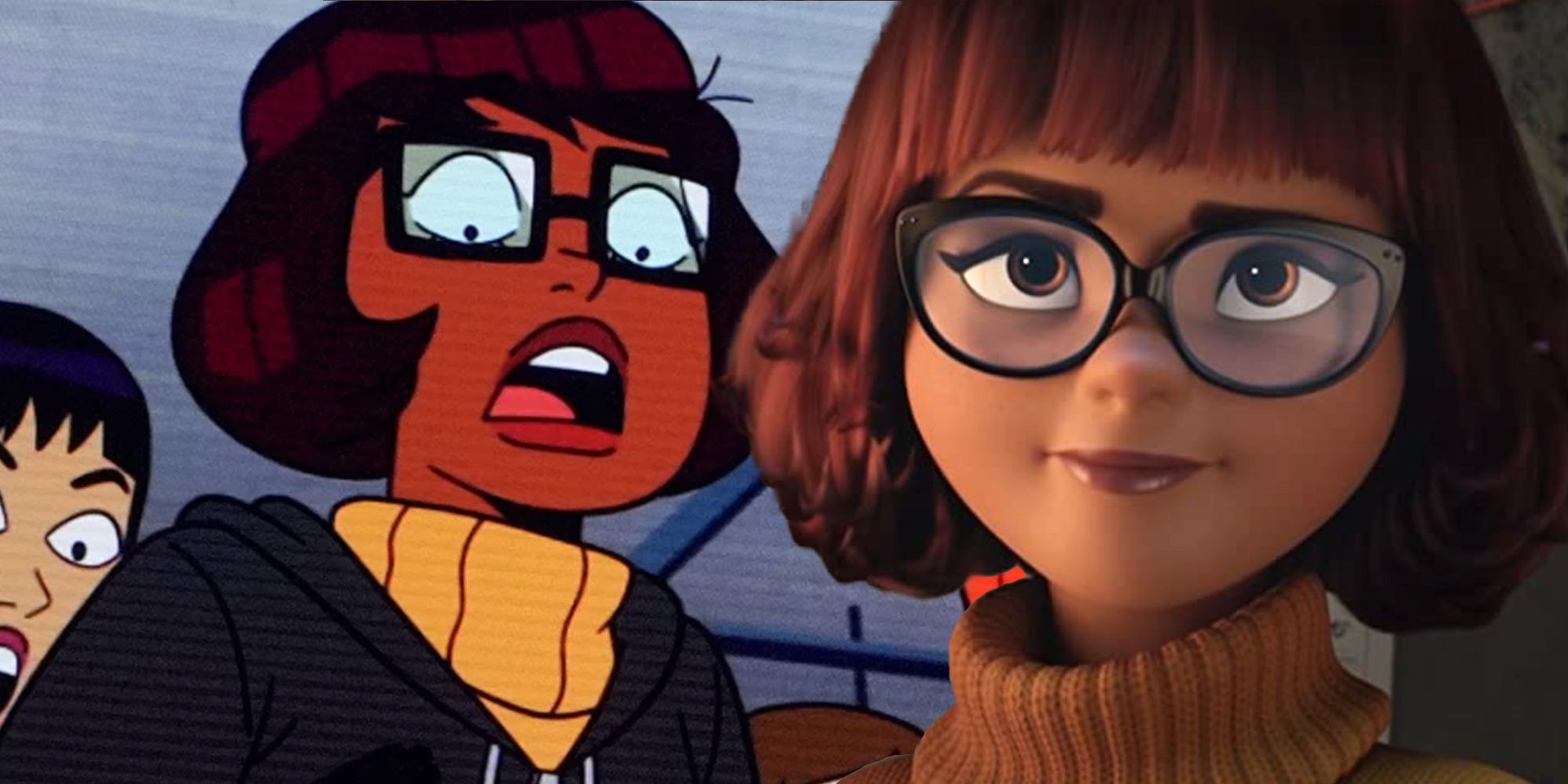The upcoming Scooby-Doo spin-off Velma has already proved controversial - but for the wrong reason. The series is an adult animated reimagining of the Scooby-Doo franchise, with its graphic nature causing a lot of ire from Scooby-Doo viewers. While these criticisms and others are valid, the true sin of Velma is its lack of originality.
First announced in early 2021, Velma focuses on the titular Velma Dinkley, this time voiced by Mindy Kaling. Although not much is known about Velma, it has been confirmed that the show will focus on Velma's mystery-solving origin story. The show will also feature many of the franchise's human characters, such as Shaggy, Fred, and Daphne, but will not feature more out-there elements such as the Mystery Machine or Scooby-Doo. While a release date isn't confirmed, Velma should drop on HBO Max in late 2022 or early 2023.
Velma follows a long-lasting trend of creating R-rated spin-offs of beloved children's television shows, which has caused a lot of controversies. The single image that has been released so far has shown partial nudity and gore, with a murder victim's head being cut in half. Some viewers think that Velma is a tasteless retread of Scooby-Doo and only exists to cash in on the franchise's now-adult fans. These critics are right about the R-rated Velma spin-off being a bad idea, but for the wrong reason. The problem isn't that the show is R-rated; the problem is that the show is unoriginal. Velma is yet another Scooby-Doo series that focuses on Mystery Inc's origins, something that has been done to death. Younger versions of the gang have already been covered in various TV shows, such as Scooby-Doo! Mystery Incorporated, A Pup Named Scooby-Doo, and more. Furthermore, the second live-action Scooby-Doo film series also covered the origins of Mystery Inc (although pretty poorly). Scooby-Doo origin stories are a dime a dozen, so making Velma another retread of the same idea takes so much potential away from the show.
An R-rated Scooby-Doo show doesn't have to be bad. In fact, the premise can lead to some incredibly original storytelling. If the show is going to be more adult in tone, Velma herself should be more adult. An R-rated Scooby-Doo show following Velma after her time with Mystery Inc would be incredibly interesting, with her possibly solving real murders with law enforcement. The mature tone would work much better in a setting like this, and although the show wants to stand out, repeating the same tired story is only going to draw more comparisons between Velma and the older Scooby-Doo series.
Changing the tone of an existing IP doesn't have to end in disaster. In fact, many modern reinterpretations of classic material have been able to carve out a successful niche. The real challenge for Velma will be to stand out from the vastly over-populated origin story crowd. The hard-R rating may be one way to do this, but, judging from the audience reaction, this could risk alienating the existing fan base. In a way, this proves that the central problem with Velma isn't actually it's rating, but the unwieldy and limiting unoriginality of its premise.


